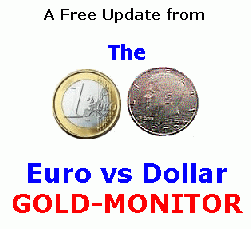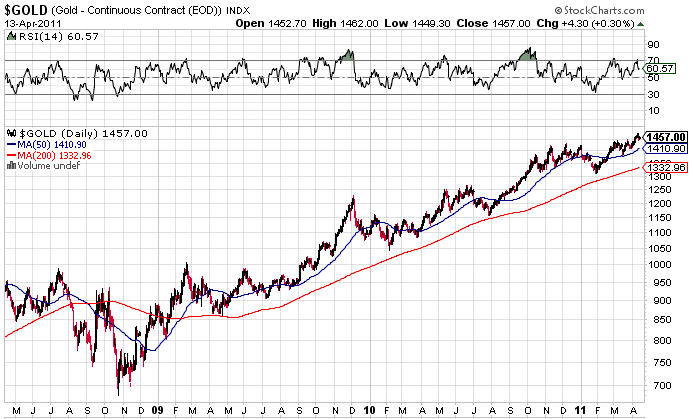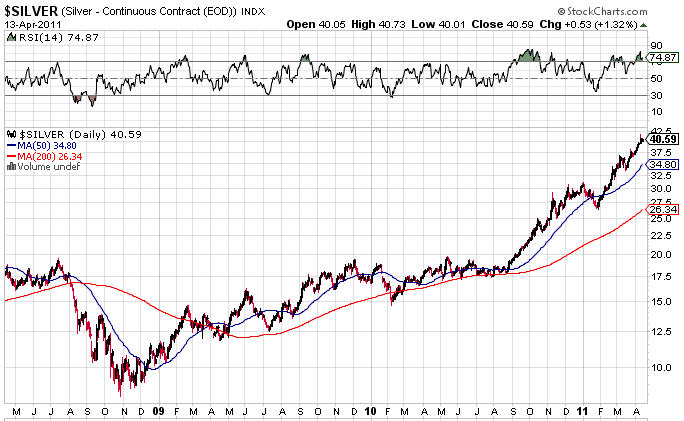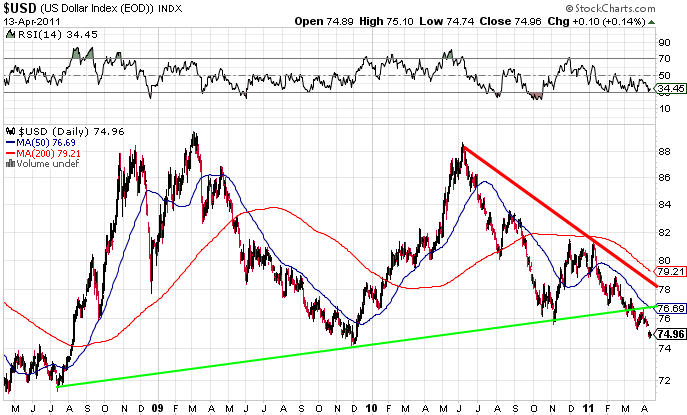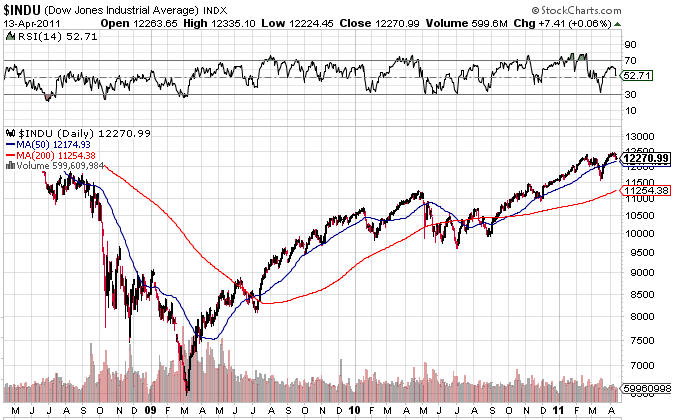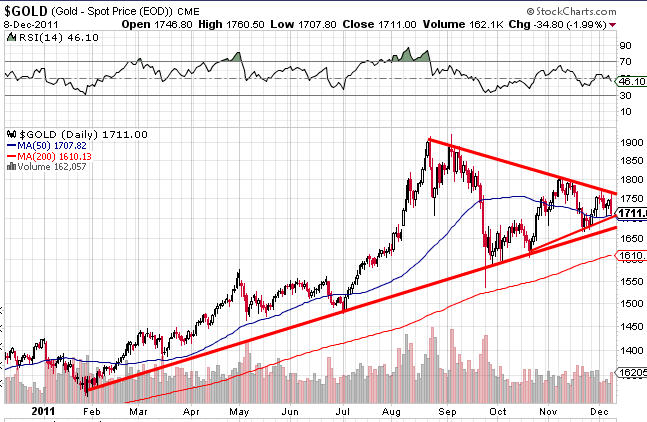|
The Cheaper Gold Gets, the Higher Its ValueWhen prices are determined by policy makers instead of by supply and demand, financial catastrophe is near. Let’s say you are in the market for a Ferrari. You want only the best, but you don’t want to throw your money out the window, either, so you are shopping around some. One day you check online, and you realize that the prices of Ferraris are down over ten percent, across the board. A few days later, the same thing happens. Probably not. Most likely you’ll jump on it to snap it up before the prices go up again. Why? Because you know that the value of the Ferrari didn’t go down. It didn’t suddenly become less of a fine sports car, just because through some quirk in the market the price went down a couple of times. Well – how is gold different? Gold is the Ferrari of the investment world, especially in the currently difficult times that are about to turn into catastrophic times. Why recoil from buying more when the price temporarily drops? Why sell the Ferrari you already have just because a new one would now cost you less? So, why do investors get scared when they see gold’s price dropping? The get scared because they incorrectly believe or were trained to believe that gold’s value is determined by the price figure certain commonly followed online trading platforms tend to associate with the metal. In a day and age where a “buck” begins to look and act more and more like a duck, it makes no sense to follow the flickering price quotes on your trading screens in determining whether you should buy or sell gold. At least, that is true when you’re talking about actual gold, rather than paper/electronic contracts for gold. "Papier ist geduldig" (paper is patient) goes a German proverb. Anything can be written on it, and it doesn’t complain. The same thing goes for computer screens. But gold is patient as well - even more so, one should say. What is written on paper can be crossed out, written over, erased, and amended. Paper can also be burned. Gold, on the other hand, just sits there. It can be melted, recast, hammered, rearranged – but its essential value, its usefulness in performing the three primary monetary functions, doesn’t change. So, why fret when the flickering gold price-figure on your screen changes to a lower numeric value? Why panic when the flickering chart turns down for a time? Do you have money to buy some gold or silver? Why wait until it gets more expensive again (or until the cash you now hold buys even less of anything)? Buy some! Trading screens are like cheap TV sitcoms. They do not reflect reality in any way, shape, or form. It’s only that we, when we train ourselves to watch either type of screen too much and for too long, tend to get confused. What we look at every day determines what we think. In inflationary times, the dollar-price of gold rises faster than the purchasing power of the dollar drops. In deflationary times, the purchasing power of gold in terms of real things remains the same, by and large, even when it appears to decline against the dollar – or whatever other currency there is. In other words, fiat-gold ratios (also known as prices) are basically irrelevant in catastrophic times. Why? Because fiat becomes largely irrelevant in such times. The best example is silver. Reports keep circulating that rolls of silver eagles are hard to get, and carry long waiting times with them, even as the computer-screen price of silver drops or stagnates. Sooner or later, people will pay premiums for faster delivery of silver coins – or to make sure they get any at all. Then, which "price" is the real one? The computer screen's contract-trading price - or the premium cash price that guarantees delivery? Forget about the Ferrari in the example above. Let's talk about food for a moment. During times when food riots erupt all over the developing world, would you buy less or sell what you have just because it suddenly gets cheaper, for whatever reason? Gold and silver are just the same way. Got some cash? Then buy some gold - and some food! Got gold? Alex Wallenwein April 24, 2008 To stay up-to-date on important developments, sign up for our RSS Blog. It's FREE - and there are no email delivery problems!
|






